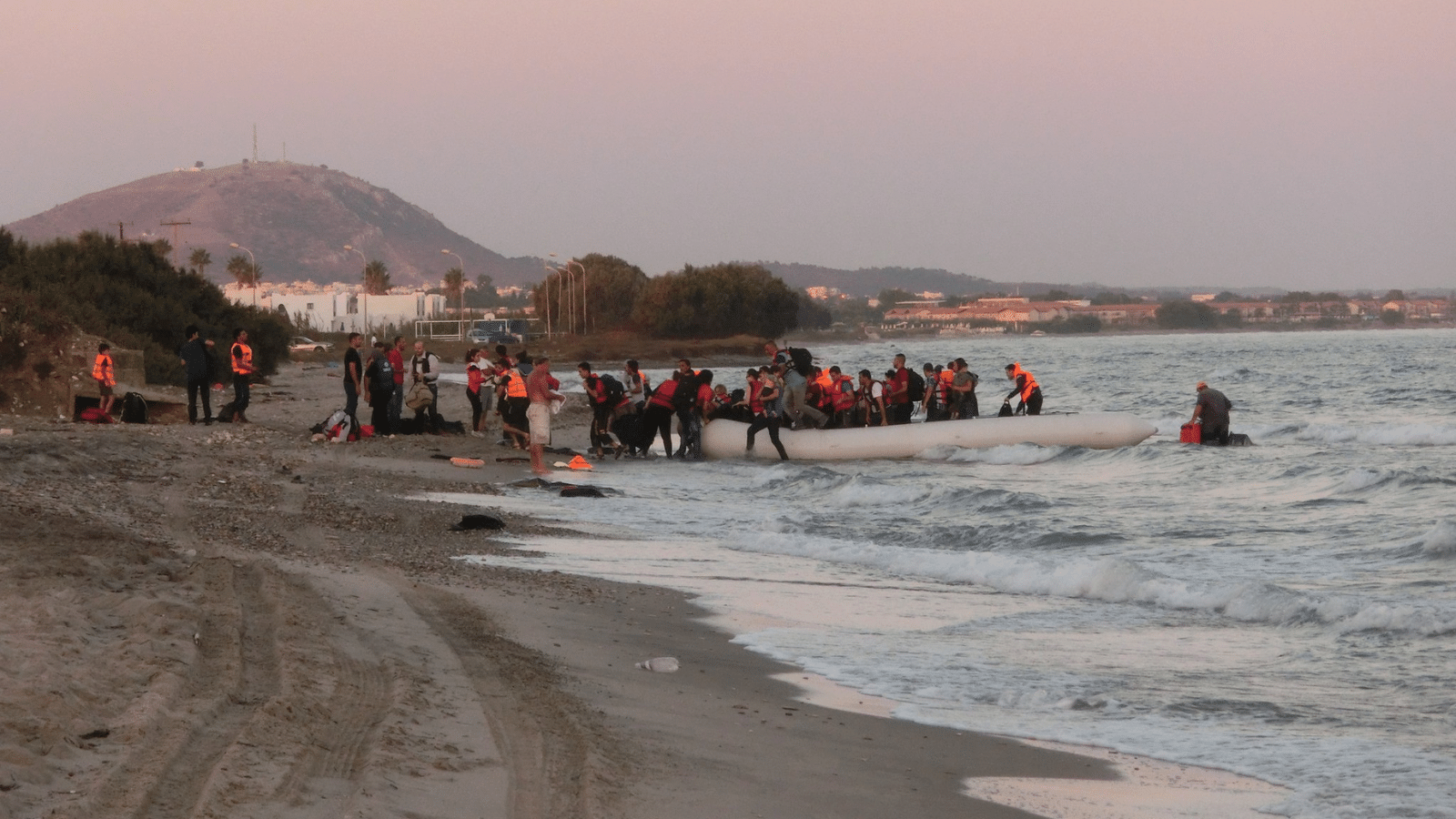Since the International Organization for Migration launched its missing migrants project in 2014, it is estimated that just over 28,000 people have died or have been reported missing while trying to cross the Mediterranean to reach Europe.
This was seen again in June when scores of migrants drowned and hundreds more reported missing after their overloaded boat sank off Greece.
In a recent interview with BBC News, Heidi Mogstad (Post Doctoral Researcher, Chr. Michelsen Institute) discusses the media and public framing of refugee and other migrant issues and why langauge matters.
Mogstad highlights how the language used can dehumanise and stigmatise refugees and other migrants, and how these narratives can in turn shape “selective sympathy”.
Mogstad also touches on why the institutional infrastructure managing migration and asylum across Europe needs to change, including decriminalising search and rescue activities. She also challenges the current narrow definition of refugee to recognise broader reasons and motivations for crossing borders.
This interview follows an opinion piece for Al Jazeera, where Mogstad also explores why Europe is apparently willing to accept these refugee and other migrant deaths and why “besides the usual condemnations from political figures, there is hardly any display of public grief or outrage.”
This BBC News interview was held on 9 August 2023 and is shared here with permission of the broadcaster.
